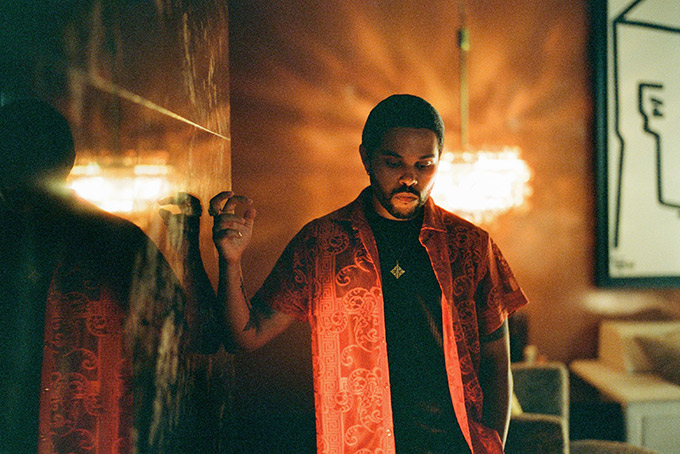I’ve been listening to The Weeknd’s After Hours album on repeat. Irrefutably, one of Abel Tesfaye’s best masterpieces—a hypnotic palette crusading upon the desolation of relationships, entangled with sexcapades and soul-baring reflections. Deeply confessional, just like his previous works. And while the sentiment of heartbreak and love lost might sound like a broken record in The Weeknd’s discography, his artistic evolution has been musically, enriching to witness. And in After Hours, The Weeknd had found his pinnacle. The synth-pop 14-track EP takes me back to why I’ve been following the Canadian artist steadily since the birth of House of Balloons—his debut mixtape, where the world first heard the singer’s signature falsetto in tracks like ‘High For This’, ‘The Morning’ and ‘Wicked Games’.

Yet very recently, that admiration came to a screeching halt with the The Idol’s release earlier this month, where the singer was propelled into a brand new light—not just in the acting chair but also a co-creator alongside Sam Levinson, creator of Euphoria. “Sick and twisted minds” were what the newly-minted duo dubbed themselves during the early days of The Idol‘s teasers. But even with its fair share of controversy and warning signs attached, The Idol is a hard pill to swallow. While the series does aim to capture the bigger picture of young starlets falling prey to exploitation in the music industry, the explicit sex scenes between leads Lily-Rose Depp and Tesfaye and its brow-raising dialogue have, week by week, been barrelling in torture porn controversy while soaring top of the meme fodder for the internet.

At the centre of it all sits Depp as displaced pop star Jocelyn, whose life and career take a 180 when she meets seedy club owner Tedros, played by Tesfaye. Quickly, she’s taken under his wing and groomed dutifully by the predatory Tedros—styled to character perfection with his provoking choice of a rat’s tail. In the real world, a hair faux pas like that could make a woman run for the hills but in The Idol, Joycelyn is seduced, entranced, blinded—all at first touch. All the wrong reactions to a man with the worst intentions, but yet she falls, irrevocably hard—leading to an eventual demise that unfolds in the show.
The very first time Tedros appears on screen, it did confirm my initial fears of watching the series, balking to even continue the first episode. But my sceptical feelings towards the series’s antagonist have long festered before seeing him come to life on screen. Prior to its release, while performing at a concert in Los Angeles last year in September, The Weeknd had to stop his performance abruptly. He later told W Magazine the reason, which fell on: “My theory is that I forgot how to sing because I was playing Tedros, a character who doesn’t know how to sing.”

It was certainly apparent for fans who paid attention, that the gears for singer The Weeknd were slowly shifting into precarious method actor who was also calling the shots from the producer’s seat, all amidst aggressive press surrounding The Idol’s release. Alas, he finally broke character just last month, by denouncing his stage name The Weeknd and to only go by Abel Tesfaye. I realised the announcement seemed swimmingly timed—as the artist was about to enter a new era on the silver screen. He was about to walk the Cannes red carpet and clock up a new accolade to his Wikipedia page. A professional and creative segue that seemed completely justifiable—given many notable artists opt to shed their main act for a bout to shine under another spotlight. Childish Gambino as Donald Glover and vice versa. Lady Gaga, who can now call herself an Oscar nominee for Best Actress. Longstanding musical icon Pharrell Williams, who’ve just debuted his menswear collection for Louis Vuitton as the house’s new creative director.

The only tiny smidge of a difference would be the depravity of Tesfaye’s second act—whether fictional or not. Neither triumphant nor forgettable (although the latter would have been a small blessing), his hand in crafting and assuming such a character could very likely be the unfortunate stain in his stirring career.
I’m not one to scare easily, but these days as distressing clips of Tesfaye’s scenes in The Idol—you know that infamous one—show up on my TikTok feed, I make haste to swipe it off—with an urgency to remove all indications of interest for Tedros on my algorithm. While going back to his most treasured hits in my book still come naturally, I welcome it with a wave of nostalgia—in considered appreciation for the long lost artist I used to know.





